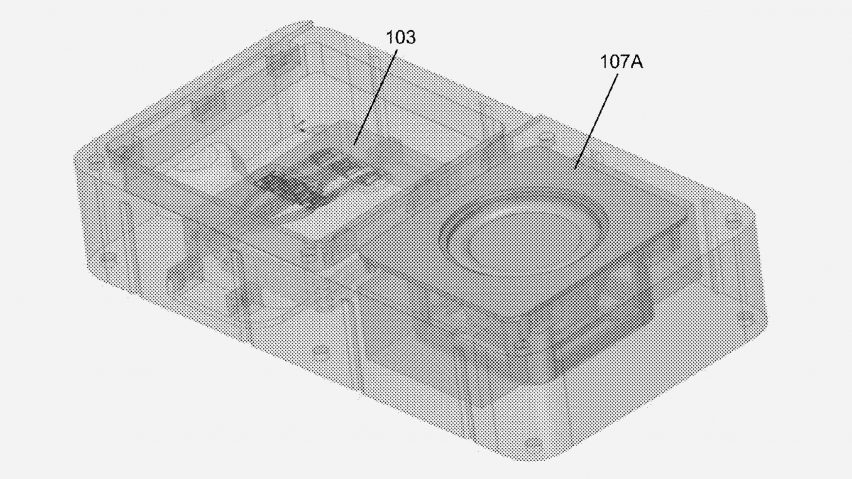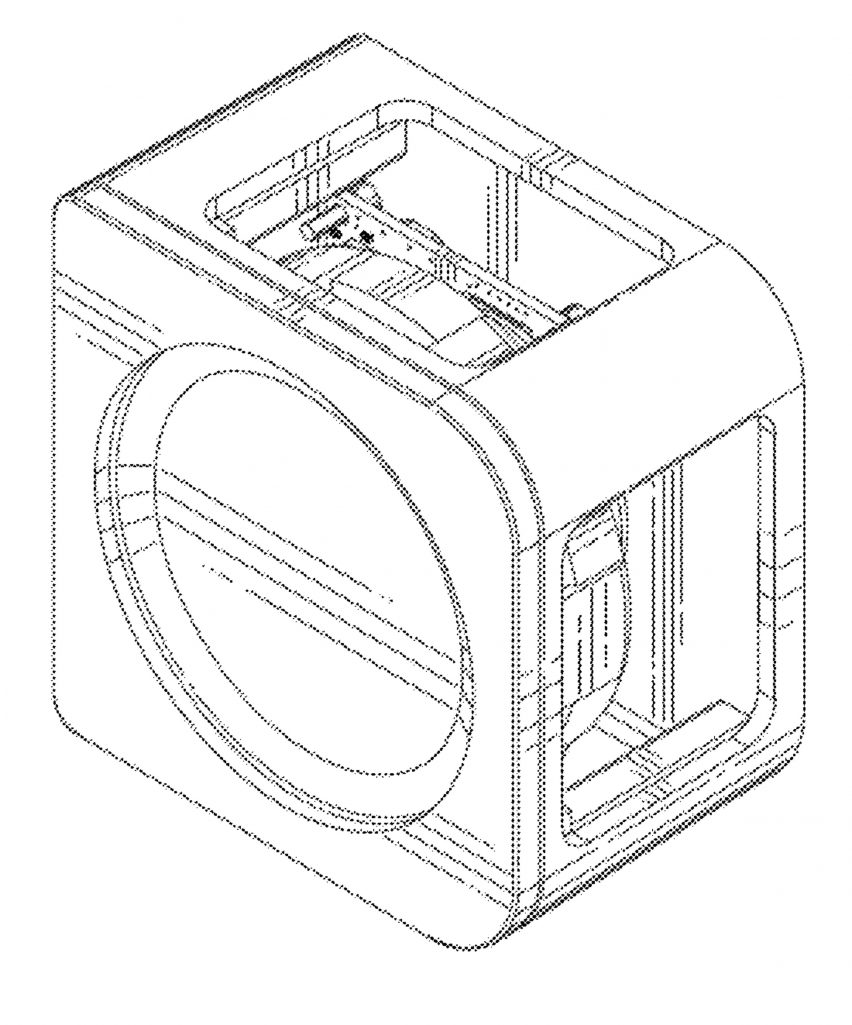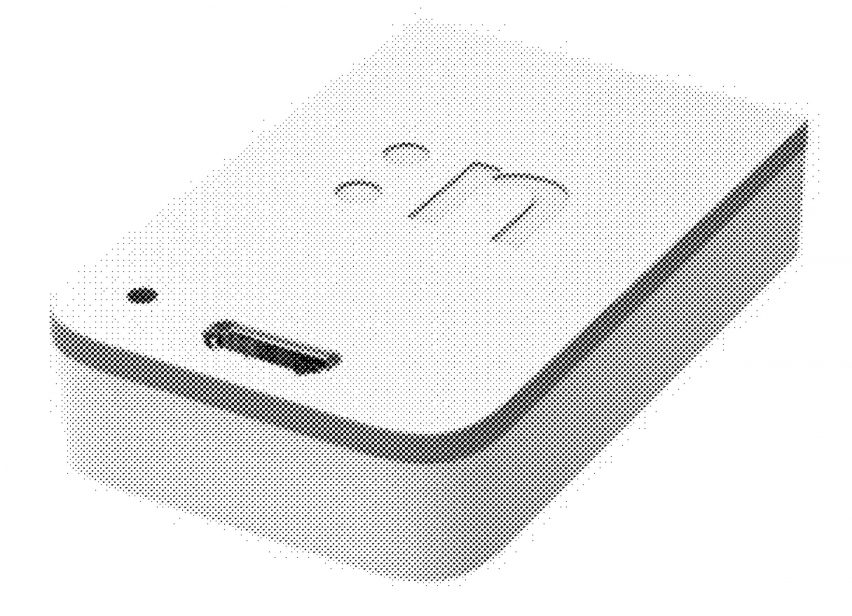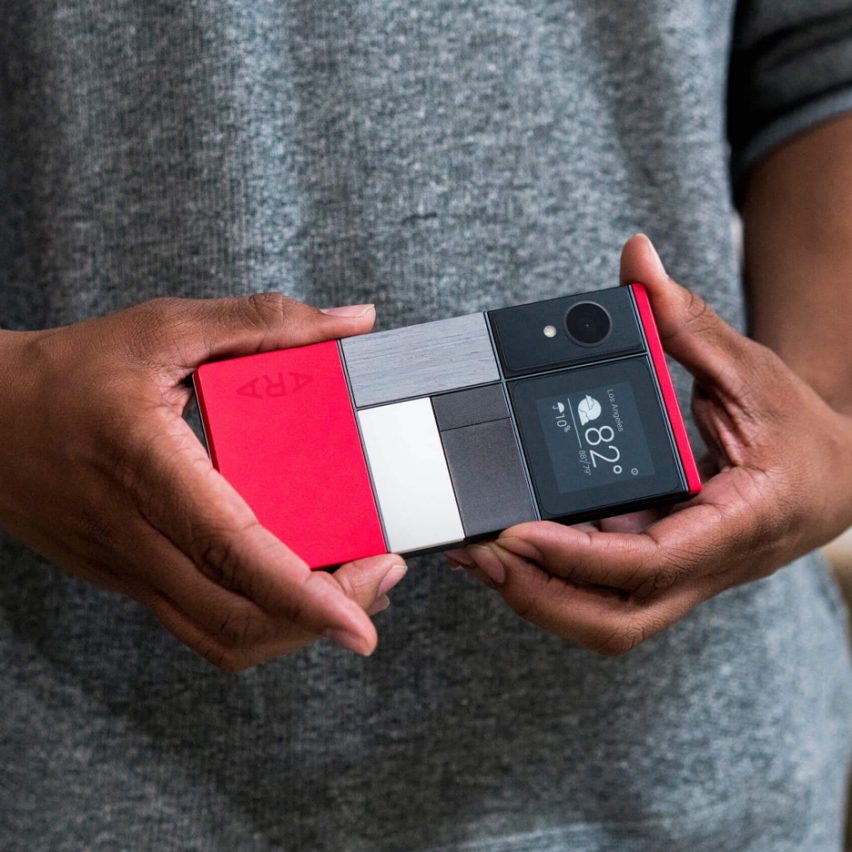
Facebook working on Project Ara-style modular smartphone
Facebook appears to be following in the footsteps of Google by filing its own patent for a modular device designed to be more long-lasting than current smartphones.
The patent, filed by Facebook in January but published on 20 July, details a "modular electromechanical device" made up of a chassis and a number of detachable components.

The different modules named in the patent include a speaker, microphone, touch display, and GPS. Depending on the components chosen by the user, the device would provide a different function.
The device would also allow users to replace specific parts of the phone when they become outdated or broken.
Facebook believes this could offer a solution to the current throwaway culture surrounding personal devices and smartphones with "short life-cycles".
"Consumers purchase consumer electronics that utilise cutting-edge technology only to find that their electronics are outdated in the near future," reads the patent. "The consumer electronics are then thrown away and replaced with the latest version of the electronics and the lifecycle of the electronics repeats."
"Typically, the hardware components included in the consumer electronics that are considered 'outdated' are still useable. However, the hardware components can no longer be reused since consumer electronics are designed as closed systems."

In concept, the proposed device is similar to Google's ill-fated Project Ara, which started out life as a concept for a modular phone designed by Eindhoven graduate Dave Hakkens.
The designer teamed up with then Google-owned communications company Motorola in 2013 to bring the idea to life, with Google unveiling a fresh prototype of the modular smartphone at the start of 2015.
Google announced it would begin shipping developer editions in 2016, but within four months the project was shelved.

However, a few modular smartphones have already made it onto the market, such as the Fairphone, created in partnership with London design and branding agency Seymourpowell.
All of these projects have a common goal – to reduce the amount of electrical waste (e-waste) brought about by fast-moving smartphone trends.
Designers trying to tackle the growing problem of e-waste are also looking at other electrical appliances.
Design graduate Kasey Hou developed a flat-pack toaster that can be easily repaired if it breaks down, while Stockholm studio People People equipped its Small Transparent Speaker with built-in sensors that detect when parts need to be replaced, repaired or updated. It then notifies users via their smartphones.
Facebook, which was started in 2004, has not previously released any hardware or shown much interest in doing so.
Founder Mark Zuckerbeg said earlier this year at the company's annual developers' conference that augmented reality could render most of the hardware we use today obsolete.